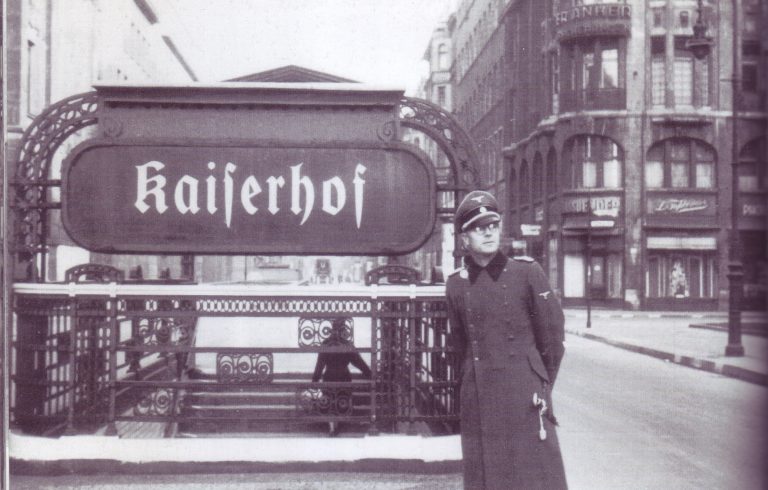
According to Olivier Razac, barbed wire is a tool that authority uses to mark power relations. Also the myth about fratricide tells about relationship between more God-pleasing nomadism and soil cultivation, cultura, that carries echoes from the curse.īarbed wire is a tool that authority uses to mark power relations.Īgricultural society’s needs that were based on maximum exploitation and ownership of the land – combined with industrial era mass production possibilities – created barbed wire. In the history of the Creation human’s suffering begun when he was bound to ground: ”Therefore the Lord God sent him from the garden of Eden, to till the ground from whence he was taken” 2. In Genesis, similarity of the maker and the object of the deed became a story of human’s inability to be god-like. While I was carving the wooden blade, I was thinking how ancient blacksmith-gods had to, like their worldly colleagues, forge their own tools before hammering the sphere of sky. One of my early sculptures is a knife carved from wood more specifically it is a wooden replica of Swedish industrially produced Mora-knife. Both Baltic-Finnic ’Sampo’ and Germanic ’Grotti quern’, that ground riches of life, got broken during forced struggle. The tool meant to twist metal spikes made me think about mythical items, that eventually – in one way or another – prove impossible to possess: in Oriental stories the plant that guarantees eternal life is either stolen or forbidden. The sculptor in me awakened, since I was always interested in objects and instruments. Jew refugees were forced to twist the barbed wire - and they had invented some kind of tool to help with twisting without injuring their hands, but it was prohibited –. Researcher-journalist Elina Sana told the story about bleeding, bare hands:

Stories concerning Holocaust, labour camps and barbed wire were familiar from history, but I had never thought that these topics would have anything to do with Finland too. When program changed, I became aware of the documentary 1 that was telling about Jew refugees sent to forced labour in wartime Finland. Murmur on the background created a feeling of being awake, even if my thoughts were wondering elsewhere. One day in February, few years ago, I was listening to the radio while working, as usual. Keski-Suomen historia.Barbed wire - was nothing more than a tool.I (Helsingin Yliopisto, 1956 väitöskirja) IV: Satakunnan talouselämä uuden ajan alusta isoonvihaan (Satakunnan maakuntaliitto, 1974) ISBN 951-9 Jatkosodan synty: tutkimuksia Saksan ja Suomen sotilaallisesta yhteistyöstä 1940-41 (The Continuation War: An Investigation of German-Finnish Military Collaboration 1940-1941) Otava, Helsinki, 1987, ISBN 951-1-08799-1.Suomi ja Saksa maamme itsenäisyyden aikana (Snellman-insituutti, 1994) ISBN 951-842-151-X.


Hitlerin Saksa ja sen vapaaehtoisliikkeet: Waffen-SS:n suomalaispataljoona vertailtavana (Suomalaisen Kirjallisuuden Seura, 2002) ISBN 951-746-335-9.Karjalan ristiretki ja taistelu Nevan reitistä (Snellman-instituutti, 2003) ISBN 951-842-255-9.Jokipii's massive work The Continuation War: An Investigation of German-Finnish Military Collaboration 1940-1941 firmly established him as a world scholar and moved the debate about German Finnish relations during World War II to a new level.

This study established a new level of detail in World War II military history. Īlthough some of his early works had been noted, Jokipii sprung on the world scene with his 900-page study of the Finnish SS battalion in World War II. He was Dean of the History-Linguistics department from 1960 to 1966. He received his doctorate in Philosophy in 1957. Jokipii attended University of Helsinki from 1952 to 1959, and began publishing almost immediately (1954). Among his works were studies of the local history of Jyväskylä and the university. He was a thorough investigator and a prolific author. Mauno Jokipii (21 August 1924 – 2 January 2007) was a Finnish professor at the University of Jyväskylä in history specializing in World War II.


 0 kommentar(er)
0 kommentar(er)
